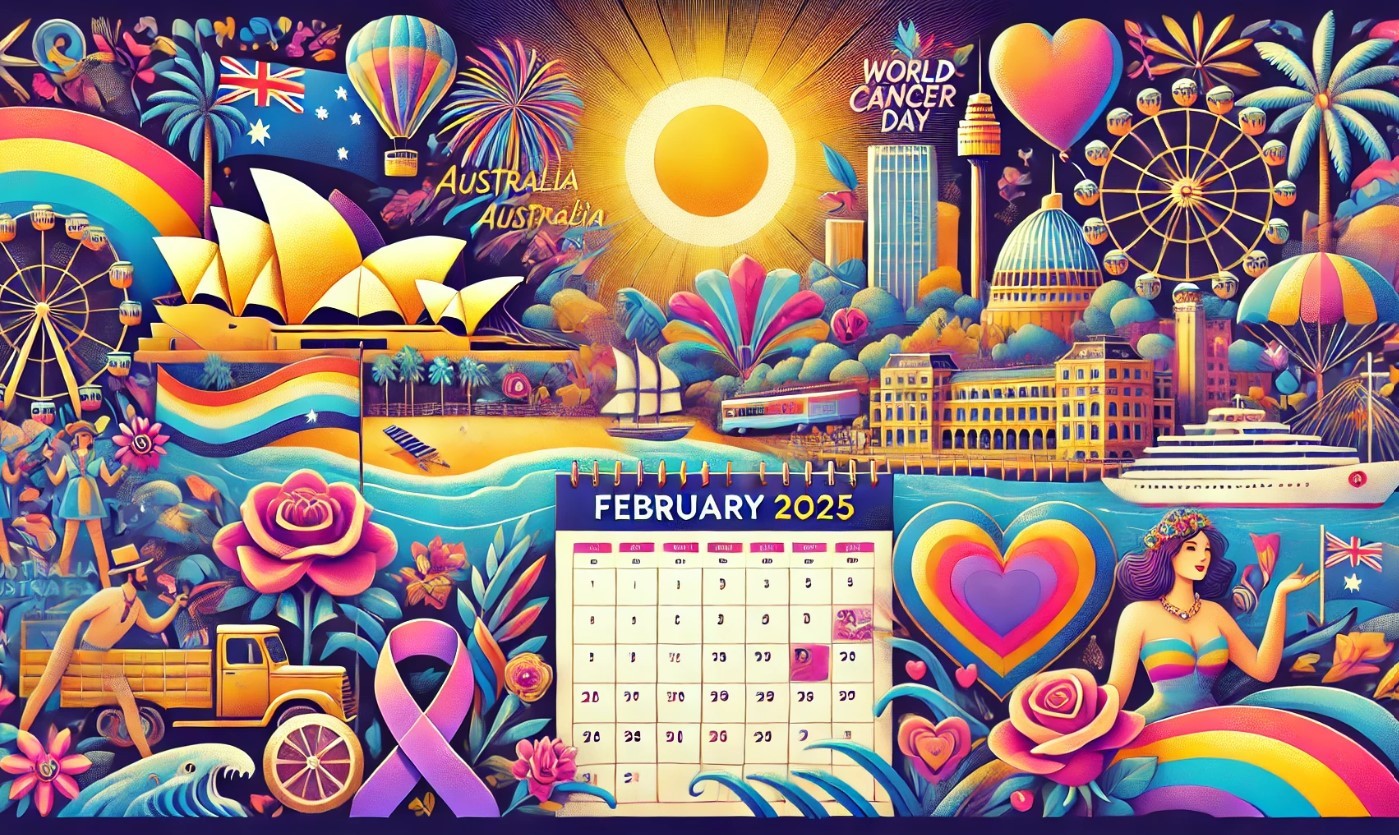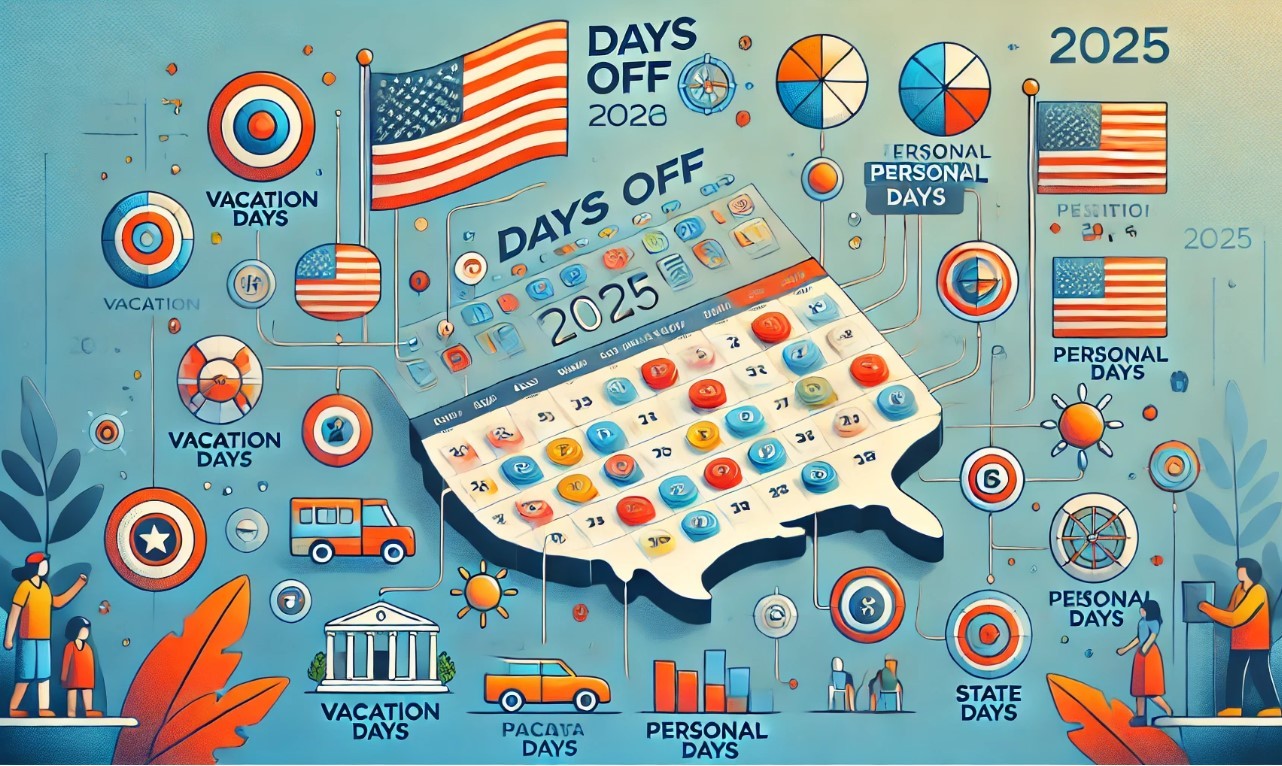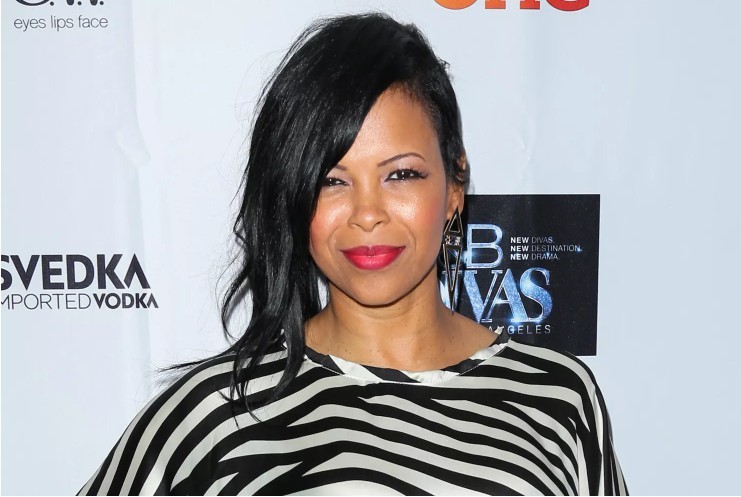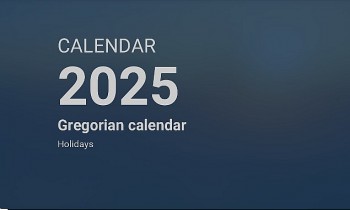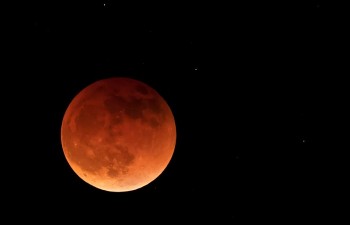2025 South Africa Calendar - Full List of Public Holidays, Observances And Celebrations
The official calendar for 2025 has been released, detailing all public holidays and observances throughout the year. South Africa will have one less public holiday in 2025.
A national calendar of all the public holidays in 2025 can be found in this article. Please check back often for updates as these dates are subject to change as formal changes are announced.
An Overview of Public Holidays And Observances in South Africa in 2025
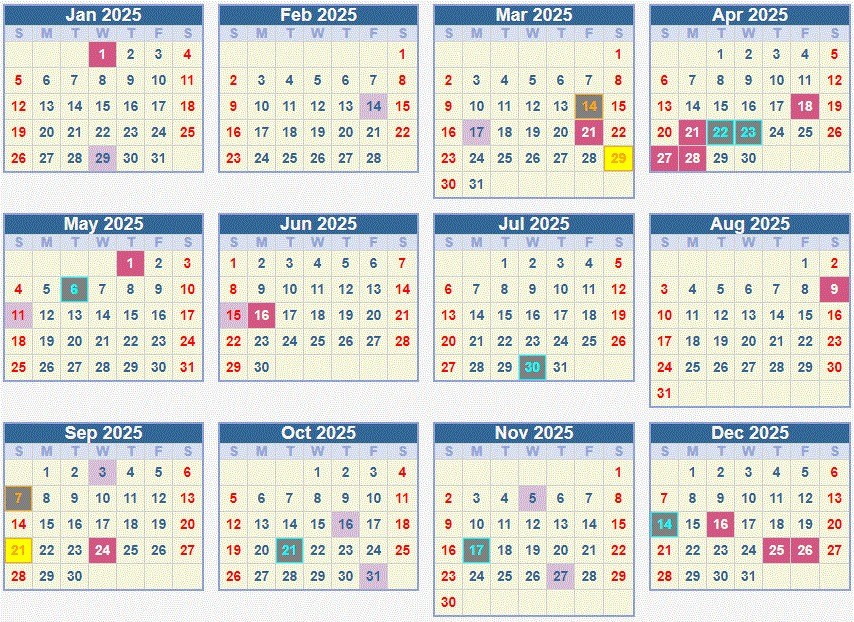 |
| 2025 South Africa Calendar |
Public holidays in South Africa are governed by the Public Holiday Act, which was passed in 1994. The twelve paid public holidays in a year are guaranteed to employees.
To commemorate political battles and the nation's efforts to secure equality for all citizens, numerous public holidays have been instituted in South Africa. Liberation Day commemorates the inaugural democratic elections held in South Africa. Youth Day is a day to remember the nation's youth, many of whom died in riots and protests over equal access to education.
Heritage Day is one of the most important and recent public holidays. This significant holiday honors the diversity of cultures and the shared history of all Americans. The yearly event encourages the use of culture to create a new, peaceful country. A day of thanksgiving, the Day of Reconciliation commemorates the arrival of democracy in a country that had been devastated by war.
In the event that a public holiday falls on a Sunday, workers are entitled to a paid Monday off. Public holidays are paid for by all employees at their regular rate. With prior written permission, workers are not obliged to work on public holidays. Should an employee be compelled to work on a holiday, they will be paid double time, which is equivalent to twice their regular salary.
For shift workers, there are some differences in the laws. A regularly scheduled shift is declared a holiday if it falls on a public holiday. Paying shift workers at least double their hourly wage is required.
How Many National Days Are Celebrated In South Africa?
There are twelve public holidays in South Africa. Regardless of how serious they intend to be, most people view them as shopping extravaganzas. Between Christmas Day and New Year's Day, when locals take a break and frequently travel to the coast or visit relatives in other provinces, the city slows down considerably until early January.
South Africa will have one less public holiday in 2025
Next year, South Africans will have one less public holiday compared to 2024. Nonetheless, the nation boasts a greater number of public holidays compared to many of its peers.
South Africa boasts twelve public holidays, kicking off with New Year’s Day on January 1 and wrapping up with Boxing Day on December 26.
The nation observes familiar public holidays, including Easter, Christmas on December 25, and International Workers’ Day on May 1.
The timing of Good Friday and Easter Sunday is dictated by the ecclesiastical moon.
List of National Public Holidays of South Africa in 2025
1 January: New Year’s Day
21 March: Human Rights Day
18 April: Good Friday
21 April: Family Day
27 April: Freedom Day
1 May: Workers' Day
16 June: Youth Day
9 August: National Women’s Day
24 September: Heritage Day
16 December: Day of Reconciliation
25 December: Christmas Day
26 December: Day of Goodwill
Important Dates in South Africa During 2025
| Date | Important dates |
| 29 May (Thursday) | Ascension Day |
| 11 May (Sunday) | Mother’s Day |
| 8 June (Sunday) | Pentecost |
| 15 June (Sunday) | Father’s Day |
| 18 July (Friday) | Nelson Mandela Day – events run throughout July |
| 1 November (Saturday) | All Saints’ Day |
| 31 December (Wednesday) | New Year’s Eve |
South African School Holidays Dates in 2025
| School Holidays | Starts | Finishes |
|---|---|---|
| First Day of School | 15 Jan 2025 (Wed) | |
| Term 1 Holidays | 31 Mar 2025 (Mon) | 7 Apr 2025 (Mon) |
| Special School Holidays | 28 Apr 2025 (Mon) | 2 May 2025 (Fri) |
| Term 2 Holidays | 30 Jun 2025 (Mon) | 21 Jul 2025 (Mon) |
| Term 3 Holidays | 6 Oct 2025 (Mon) | 10 Oct 2025 (Fri) |
| Term 4 Holidays | 11 Dec 2025 (Thu) |
Public Holidays And Observances in South Africa in 2025: Dates and Celebrations
1 January (Wednesday) – New Year's Day, Public Holiday
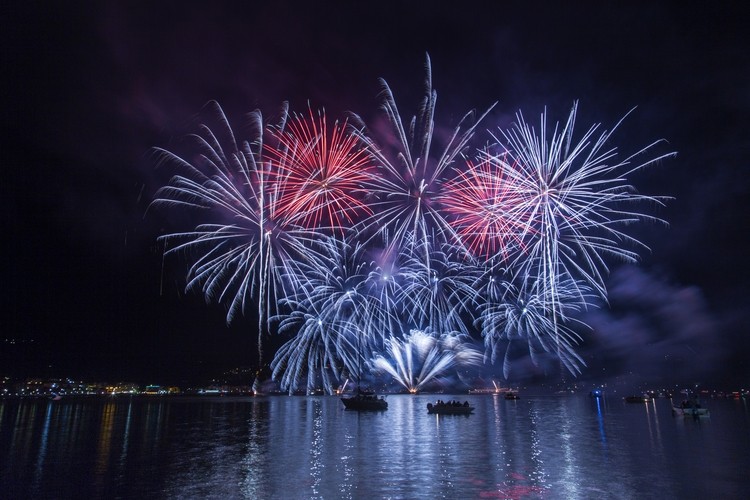 |
| New Year's Day |
New Year's Day in South Africa, like in many other countries, marks the start of the new calendar year. It is a time for fresh beginnings, resolutions, and celebrations. Most South Africans celebrate New Year's Eve with parties, fireworks, and social gatherings.
As midnight approaches, people often count down the final seconds of the old year and welcome the new one with cheers, hugs, and well wishes. Many families and friends gather for festive meals and social events on New Year's Day itself, taking advantage of the public holiday to rest and recover from the previous night's festivities. In cities like Cape Town and Johannesburg, there are often public fireworks displays and concerts, adding to the festive atmosphere.
1 January (Thursday) – Tweede Nuwe Jaar, Observance
Tweede Nuwe Jaar, which translates to "Second New Year," is a traditional observance celebrated primarily in the Cape Town area, particularly among the Cape Malay community. This day is marked by the colorful and vibrant Cape Minstrel Carnival, also known as the Kaapse Klopse.
The festival features parades, music, dancing, and elaborate costumes as various minstrel troupes march through the streets. The event has deep historical roots dating back to the 19th century, originally linked to the emancipation of slaves in the Cape Colony. Tweede Nuwe Jaar is a joyful celebration of freedom, culture, and community, drawing thousands of participants and spectators every year.
27 January (Monday) – Isra and Mi'raj (Tentative Date), Muslim
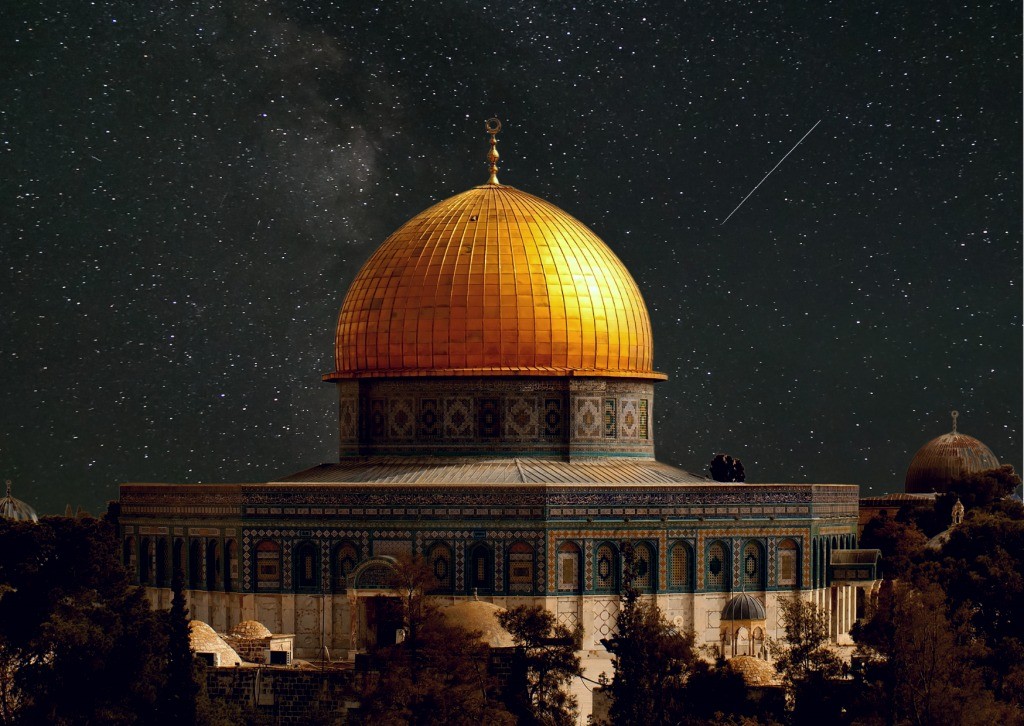 |
| Isra and Mi'raj |
Isra and Mi'raj is an important observance in the Islamic calendar, commemorating the night journey and ascension of the Prophet Muhammad. According to Islamic tradition, the Prophet was taken on a journey from Mecca to Jerusalem and then ascended to the heavens in a single night.
This event is observed with special prayers and gatherings in mosques across South Africa. Muslims reflect on the significance of the Prophet's journey and the messages of faith and obedience it represents. The observance is marked by recitations of the Quran, sermons, and communal meals. While it is not a public holiday, it holds great spiritual importance for the Muslim community.
21 February (Friday) – Armed Forces Day, Observance
Armed Forces Day in South Africa is an observance dedicated to honoring the men and women who serve in the South African National Defence Force (SANDF). It commemorates the sinking of the SS Mendi during World War I, in which many South African soldiers lost their lives. The day is marked by military parades, ceremonies, and displays of military equipment and capabilities.
The President and high-ranking officials often attend these events, recognizing the sacrifices and contributions of the armed forces. It is a day of national pride and remembrance, highlighting the role of the military in protecting the country's sovereignty and contributing to international peacekeeping efforts.
Learn More: Top 10+ Most Powerful Police Forces In The World
26 February (Wednesday) – Maha Shivaratri, Hindu Holiday
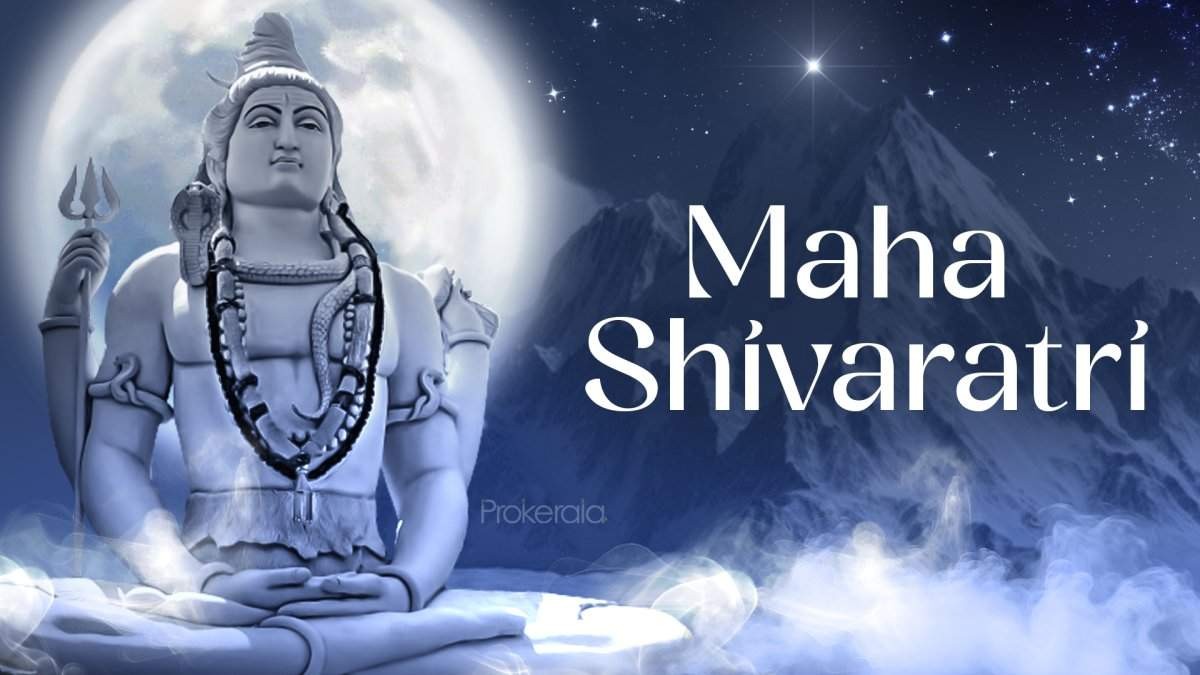 |
| Maha Shivaratri |
Maha Shivaratri, or the "Great Night of Shiva," is one of the most significant festivals in the Hindu calendar. It is dedicated to Lord Shiva, one of the principal deities in Hinduism. In South Africa, the Hindu community observes this festival with great devotion and reverence. Devotees fast throughout the day, abstaining from food and water, and spend the night in temples or at home chanting prayers and hymns dedicated to Lord Shiva. Temples are beautifully decorated, and special rituals such as the offering of Bilva leaves, milk, and honey to Shiva's lingam (a symbol of Shiva) are performed. The festival symbolizes the overcoming of darkness and ignorance, making it a spiritually uplifting occasion for Hindus.
1 March (Saturday) – Ramadan Start (Tentative Date), Muslim
Ramadan, the ninth month of the Islamic lunar calendar, is a period of fasting, prayer, and reflection for Muslims worldwide. In South Africa, the start of Ramadan is determined by the sighting of the moon. During this holy month, Muslims fast from dawn until sunset, refraining from eating, drinking, and other physical needs. The fast is broken each day with a meal called iftar, which often starts with the eating of dates and drinking of water, followed by a larger meal. Ramadan is also a time for increased prayer, recitation of the Quran, and acts of charity. Communities come together for nightly prayers called Taraweeh, and the month culminates in the celebration of Eid al-Fitr, a festive holiday marking the end of the fasting period.
14 March (Friday) – Holi, Hindu Holiday
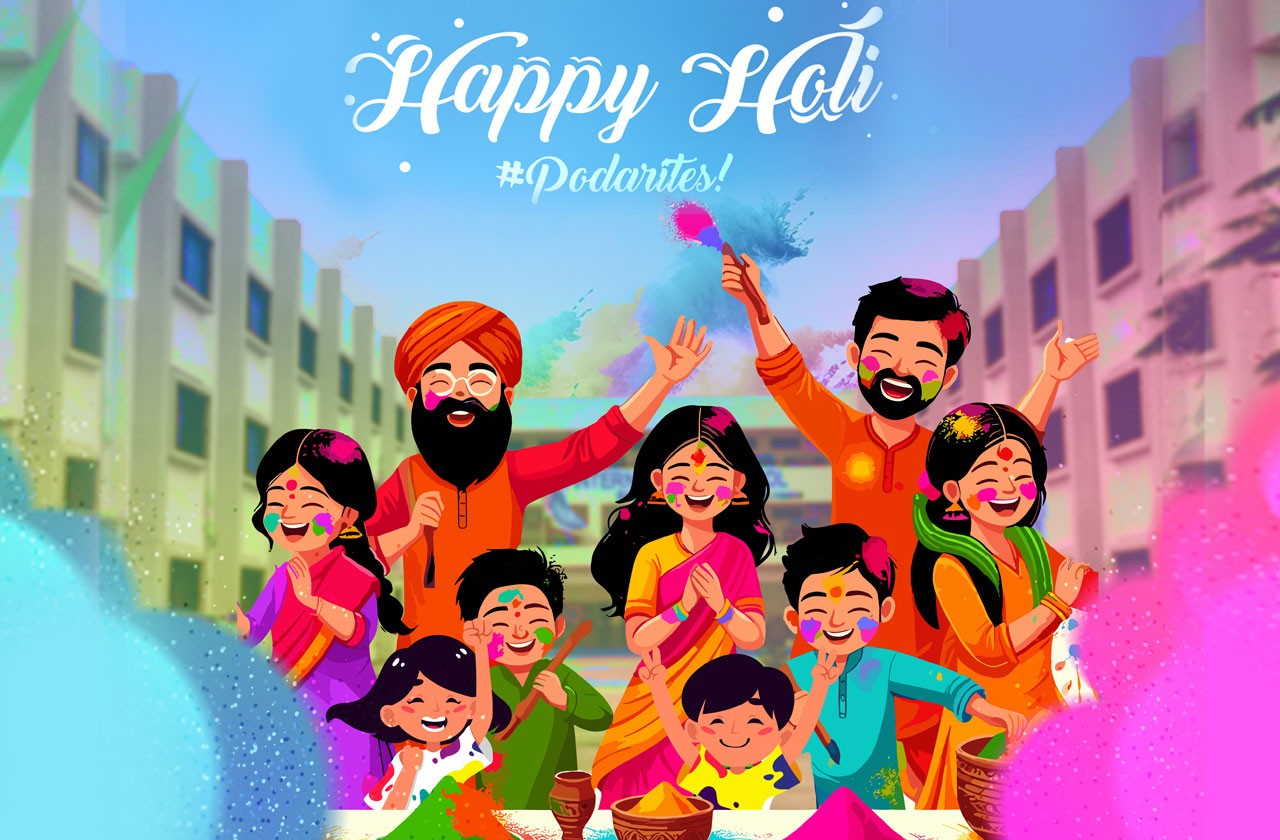 |
| Holi |
Holi, known as the Festival of Colors, is one of the most joyous and vibrant festivals in the Hindu calendar. Celebrated to mark the arrival of spring and the victory of good over evil, Holi is characterized by playful activities, including the throwing of colored powders and water at friends and family.
In South Africa, the Hindu community celebrates Holi with enthusiasm and communal gatherings. Temples organize special prayers and bonfires on the eve of Holi, symbolizing the burning away of past mistakes and negative energies. The day itself is filled with music, dance, and joyous celebrations, with people of all ages participating in the colorful revelry.
20 March (Thursday) – March Equinox, Season
The March Equinox, also known as the Vernal Equinox in the northern hemisphere and the Autumnal Equinox in the southern hemisphere, marks the moment when day and night are approximately equal in length. In South Africa, this equinox signifies the transition from summer to autumn. It is a time when the weather begins to cool, and nature undergoes noticeable changes. While not a public holiday, the equinox is observed by some communities with cultural and spiritual significance. It is a time for reflection on balance and harmony in nature, and for some, it includes rituals or ceremonies to honor the changing seasons and the cyclical nature of life.
21 March (Friday) – Human Rights Day, Public Holiday
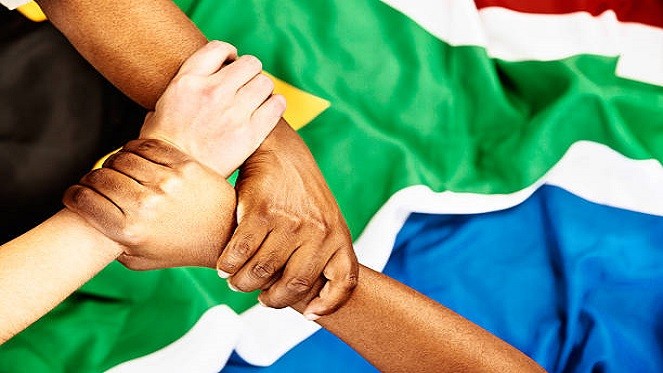 |
| Human Rights Day |
Human Rights Day in South Africa is a significant public holiday that commemorates the Sharpeville Massacre of 1960, where police opened fire on a peaceful protest against apartheid pass laws, killing 69 people. This day is a poignant reminder of the struggle for human rights and the sacrifices made for freedom and equality. It is marked by events and ceremonies across the country, including speeches by political leaders, educational activities, and cultural performances. Human Rights Day also serves as a platform to promote awareness of current human rights issues and encourage ongoing efforts to protect and uphold the rights of all South Africans.
26 March (Wednesday) – Laylatul Qadr (Night of Power) (Tentative Date), Muslim
Laylatul Qadr, known as the Night of Power, is one of the most significant nights in the Islamic calendar. It is believed to be the night when the Quran was first revealed to the Prophet Muhammad. Occurring in the last ten days of Ramadan, Muslims consider this night to be better than a thousand months, making it a time of intense prayer, worship, and reflection. In South Africa, mosques hold special late-night prayers, and many Muslims spend the entire night in worship, seeking forgiveness and blessings. Acts of charity and recitation of the Quran are also emphasized on this holy night.
31 March (Monday) – Eid ul Fitr (Tentative Date), Muslim
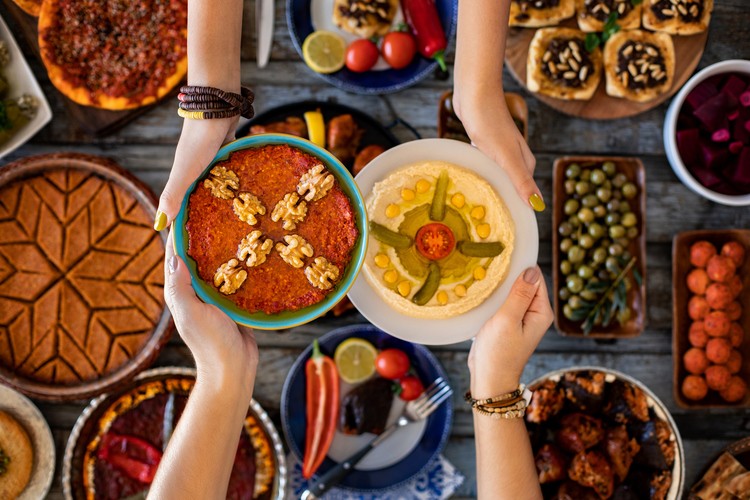 |
| Eid ul Fitr |
Eid ul Fitr, or the Festival of Breaking the Fast, marks the end of Ramadan, the holy month of fasting. It is a joyous celebration for Muslims in South Africa and around the world. The day begins with a special prayer service at mosques, followed by festive meals and social gatherings. Families and friends come together to share traditional foods, exchange gifts, and express gratitude for the strength and patience demonstrated during Ramadan. Acts of charity, such as giving Zakat al-Fitr (a form of alms), are also an essential part of Eid celebrations, ensuring that those less fortunate can partake in the festivities.
18 April (Friday) – Good Friday, Public Holiday
Good Friday is a solemn Christian holiday that commemorates the crucifixion of Jesus Christ and his death at Calvary. In South Africa, it is observed with church services, processions, and moments of reflection. Many Christians participate in the Stations of the Cross, a series of prayers and meditations on the events leading up to Jesus's crucifixion. Good Friday is a day of mourning and contemplation, with many people observing a fast or abstaining from meat. It is a time for Christians to reflect on the significance of Jesus's sacrifice and the themes of redemption and salvation.
19 April (Saturday) – Holy Saturday, Observance
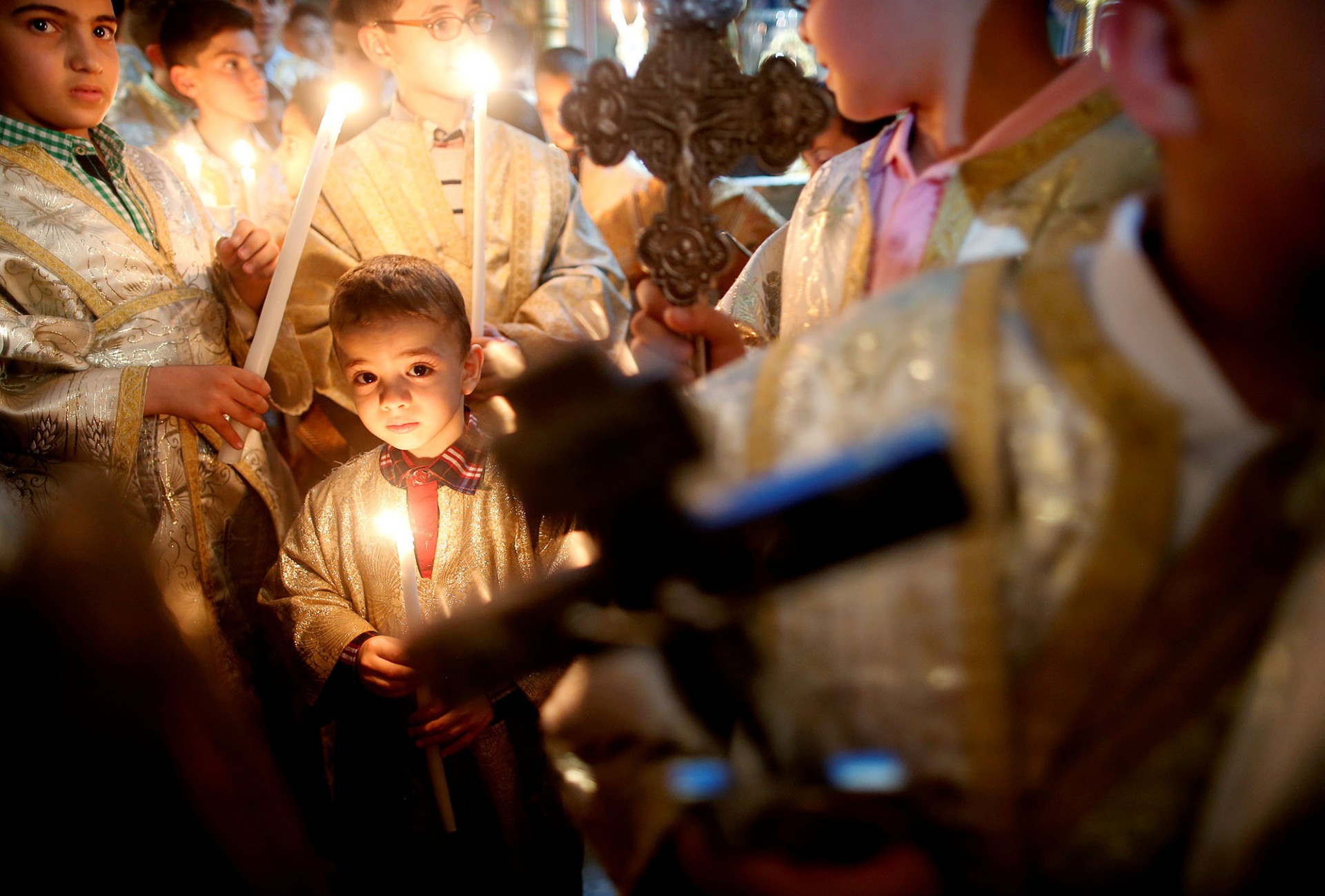 |
| Holy Saturday |
Holy Saturday, also known as the Great Sabbath, is the day between Good Friday and Easter Sunday. It commemorates the day Jesus lay in the tomb after his crucifixion. In South Africa, Holy Saturday is observed by Christians with a sense of quiet reflection and anticipation for the resurrection. Churches may hold an Easter Vigil service in the evening, which includes the lighting of the Paschal candle, symbolizing the light of Christ. The service often begins in darkness and progresses to a celebration of the resurrection, marking the transition from mourning to joy.
20 April (Sunday) – Easter Sunday, Observance
Easter Sunday is the most significant day in the Christian calendar, celebrating the resurrection of Jesus Christ from the dead. In South Africa, it is a day of joy and celebration for Christians. Churches hold special services, including sunrise services, to commemorate the resurrection. Families gather for festive meals, often featuring traditional dishes and Easter eggs, symbolizing new life and rebirth. The day is marked by various cultural activities, including egg hunts and community events, bringing people together to celebrate the triumph of life over death and the hope of eternal life.
21 April (Monday) – Family Day, Public Holiday
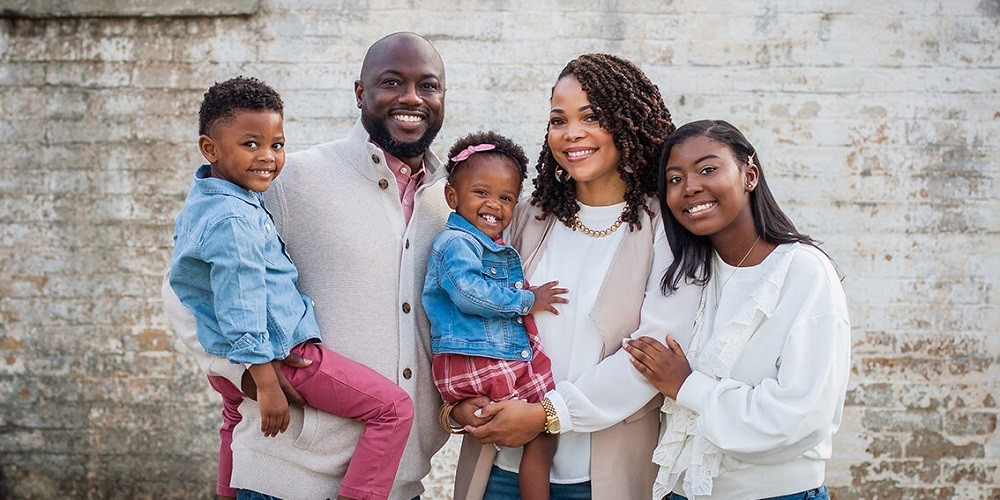 |
| Family Day |
Family Day in South Africa is observed on the Monday following Easter Sunday. It is a public holiday dedicated to spending time with loved ones and strengthening family bonds. Many South Africans take advantage of the long weekend to go on trips, have picnics, or host family gatherings. The holiday emphasizes the importance of family in society and provides an opportunity for people to relax and enjoy quality time together. It is a day to appreciate and celebrate the support and love that family members provide to one another.
Read More: Family Day In Canada: Date, Celebration, History, Meaning
27 April (Sunday) – Freedom Day, Public Holiday
Freedom Day commemorates South Africa's first democratic elections held on April 27, 1994, which marked the end of apartheid and the beginning of a new democratic era. It is a public holiday celebrated with pride and remembrance across the nation. Events include official ceremonies, parades, and cultural activities that highlight the country's journey towards freedom and democracy. Speeches by political leaders and activists reflect on the progress made and the challenges that remain. Freedom Day is a time for South Africans to celebrate their hard-won rights and reflect on the values of equality, justice, and human dignity.
27 April (Monday) – Freedom Day observed, Public Holiday
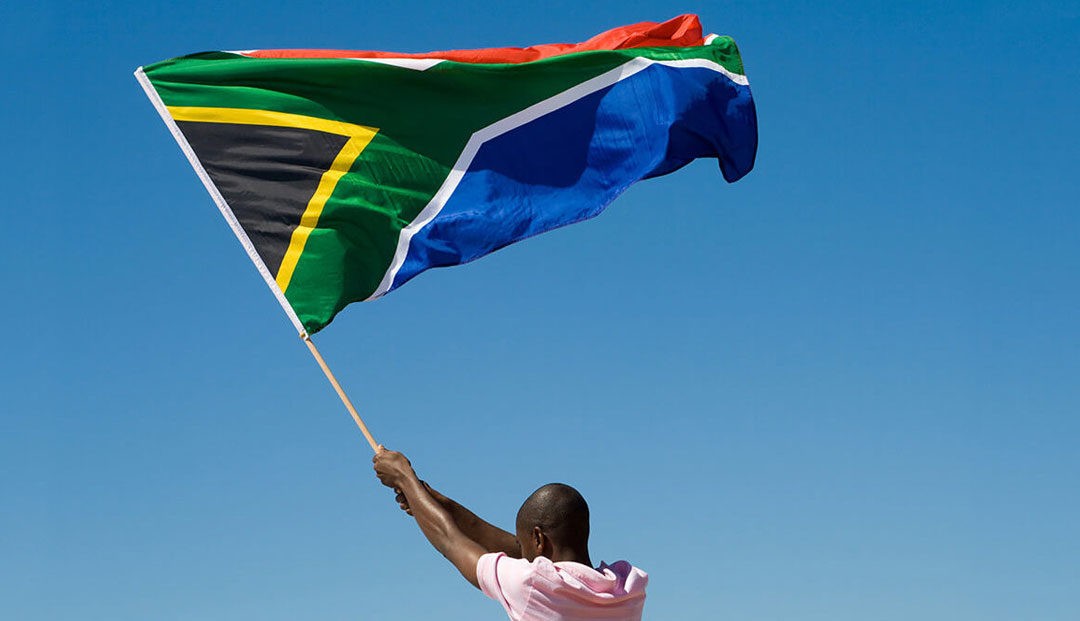 |
| Freedom Day |
When Freedom Day falls on a Sunday, the public holiday is observed on the following Monday, allowing South Africans to have a day off work to participate in celebrations and reflect on the significance of the day. The extended weekend provides an opportunity for more extensive national and community events, including educational programs, exhibitions, and cultural performances. This observance ensures that the achievements of the democratic movement and the ongoing efforts to uphold freedom and equality are duly recognized and celebrated by all citizens.
1 May (Thursday) – Workers' Day, Public Holiday
Workers' Day, also known as International Workers' Day or Labour Day, is celebrated on May 1st to honor the contributions of workers and the labor movement. In South Africa, it is a public holiday marked by rallies, marches, and speeches organized by trade unions and labor organizations. Workers' Day highlights the achievements and struggles of workers in the fight for fair wages, safe working conditions, and labor rights. It is a day of solidarity and reflection on the importance of workers in building the nation's economy and social fabric. Many people use the day to relax and spend time with family and friends.
11 May (Sunday) – Mother's Day, Observance
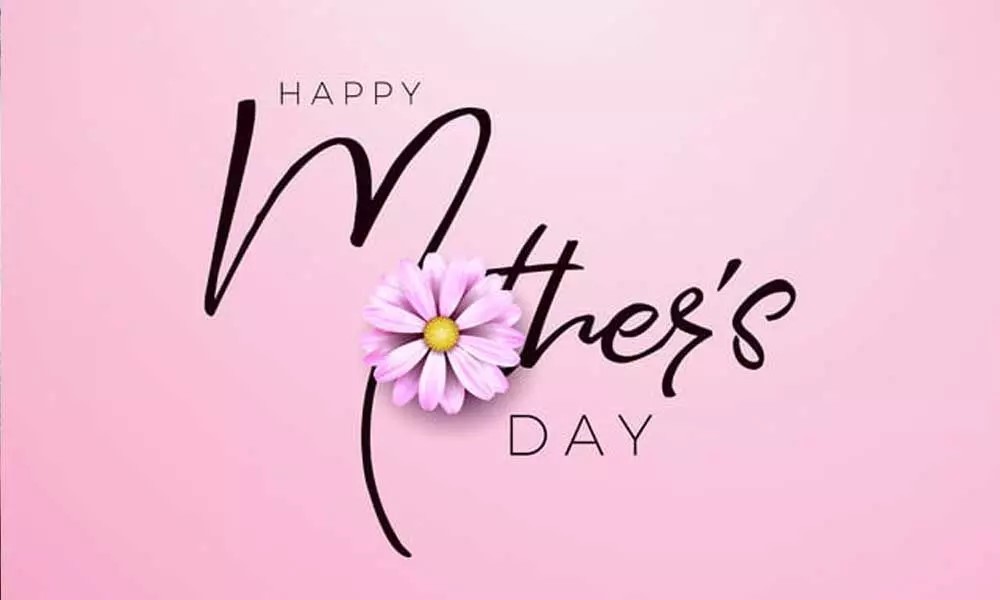 |
| Best Quotes for Mother's Day |
Mother's Day in South Africa is celebrated on the second Sunday of May, honoring mothers and mother figures for their contributions to families and society. It is a day of appreciation and gratitude, with children and adults alike expressing their love and thanks through gifts, flowers, cards, and special meals. Many families celebrate by having gatherings or outings to show appreciation for the care and sacrifices made by mothers. While not a public holiday, Mother's Day is widely observed and holds significant cultural importance as a day to recognize and cherish the role of mothers in nurturing and shaping lives.
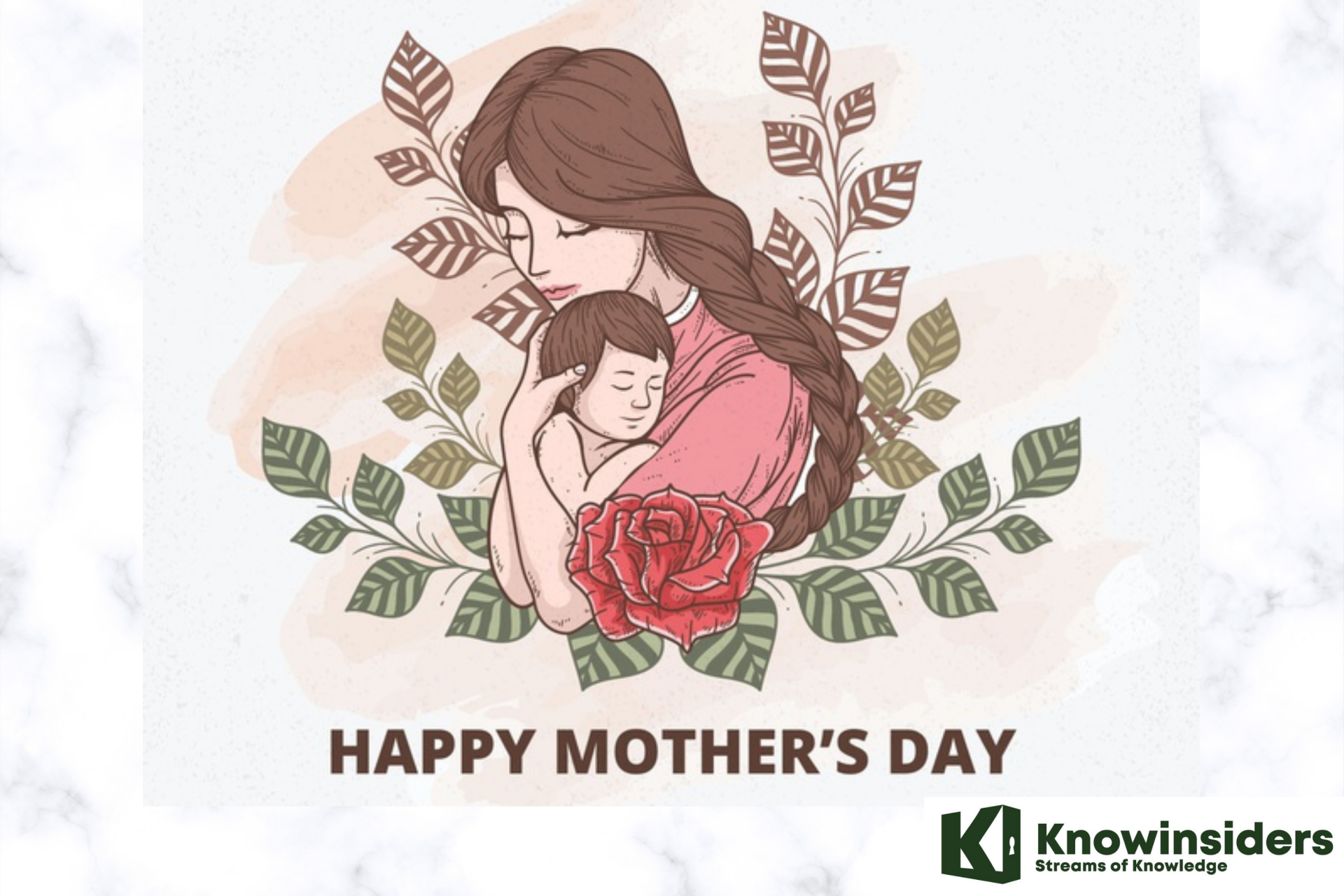 Mother's Day: Date, History and Celebration Mother's Day: Date, History and Celebration Mother’s Day is a celebration day to honor the mother of the family, as well as the mother's love, her bond and her influence in ... |
7 June (Saturday) – Eid al-Adha (Tentative Date), Muslim
Eid al-Adha, also known as the "Festival of Sacrifice," is one of the most important holidays in the Islamic calendar. It commemorates the willingness of Ibrahim (Abraham) to sacrifice his son as an act of obedience to God, though God provided a ram to sacrifice instead. In South Africa, Muslims observe this day with a special prayer service at mosques, followed by the ritual sacrifice of an animal, typically a sheep, goat, or cow. The meat from the sacrifice is distributed among family, friends, and the less fortunate, symbolizing charity and community. Families gather for festive meals and spend the day in celebration, emphasizing gratitude, charity, and remembrance of the story of Ibrahim.
15 June (Sunday) – Father's Day, Observance
 |
| Father's Day |
Father's Day in South Africa is celebrated on the third Sunday of June. It is a day dedicated to honoring fathers and father figures for their role and contributions to the family and society. Families typically celebrate by giving gifts, preparing special meals, and spending quality time together. Children may create handmade cards or presents to express their appreciation. While not a public holiday, Father's Day is widely observed and holds sentimental value, highlighting the importance of fathers in providing love, support, and guidance.
Read More: Father's Day: When, History, Meaning, How to Celebrate
16 June (Monday) – Youth Day, Public Holiday
Youth Day in South Africa commemorates the Soweto Uprising of 1976, where thousands of black students protested against the apartheid regime's imposition of Afrikaans as the medium of instruction in schools. The protest turned tragic when police opened fire, resulting in many deaths. This day honors the bravery and sacrifices of the youth in the struggle for freedom and equality. It is marked by various events, including educational programs, cultural performances, and speeches by leaders and activists. Youth Day serves as a reminder of the power of young people in shaping the nation’s future and emphasizes the importance of education and empowerment.
21 June (Saturday) – June Solstice, Season
The June Solstice marks the shortest day and longest night of the year in the Southern Hemisphere, signifying the official start of winter. While not a public holiday, the solstice is observed by some with cultural and spiritual significance. In South Africa, the June Solstice is a time to reflect on the changing seasons and the natural cycles of the earth. Some communities may hold gatherings or ceremonies to honor the solstice, focusing on themes of renewal and transformation. It is also a period when people begin to prepare for the colder months ahead, adjusting their daily routines to accommodate shorter daylight hours.
27 June (Friday) – Muharram/Islamic New Year (Tentative Date), Muslim
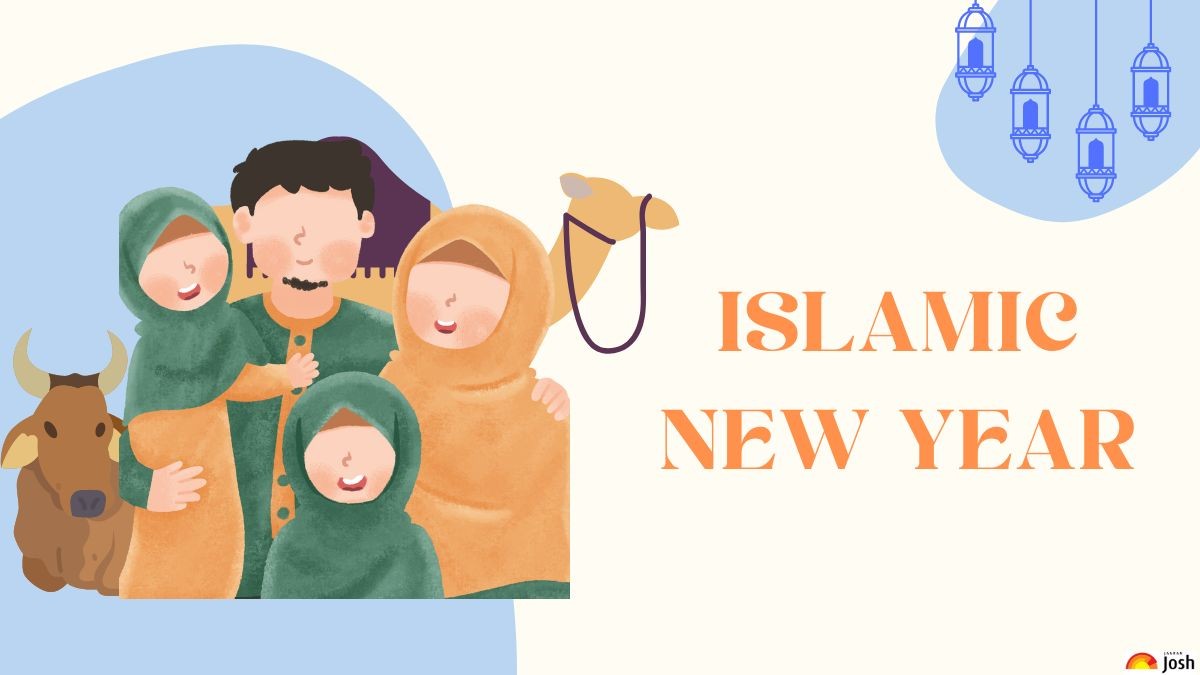 |
| Islamic New Year |
Muharram is the first month of the Islamic lunar calendar, and its first day marks the Islamic New Year. In South Africa, Muslims observe this day with quiet reflection and prayer. The month of Muharram is considered sacred, particularly the 10th day, known as Ashura. It is a time to remember the significance of the Islamic calendar and the events that shaped Islamic history. In addition to attending mosque services, some Muslims may fast and engage in charitable activities. The Islamic New Year is a period of renewal and spiritual contemplation, emphasizing themes of peace, reflection, and the importance of historical events in Islam.
27 July (Friday) – Nelson Mandela Day, Observance
Nelson Mandela Day is observed on July 18th, the birthday of South Africa’s first democratically elected president, Nelson Mandela. This day is dedicated to honoring Mandela’s legacy of peace, reconciliation, and service to humanity. South Africans and people worldwide are encouraged to dedicate 67 minutes of their time to volunteer work or community service, representing the 67 years Mandela spent fighting for social justice. Activities range from helping at local charities to organizing community clean-ups and educational events. Nelson Mandela Day is a celebration of the impact one individual can have in making the world a better place and a call to action for everyone to contribute to positive change.
9 August (Saturday) – National Women’s Day, Public Holiday
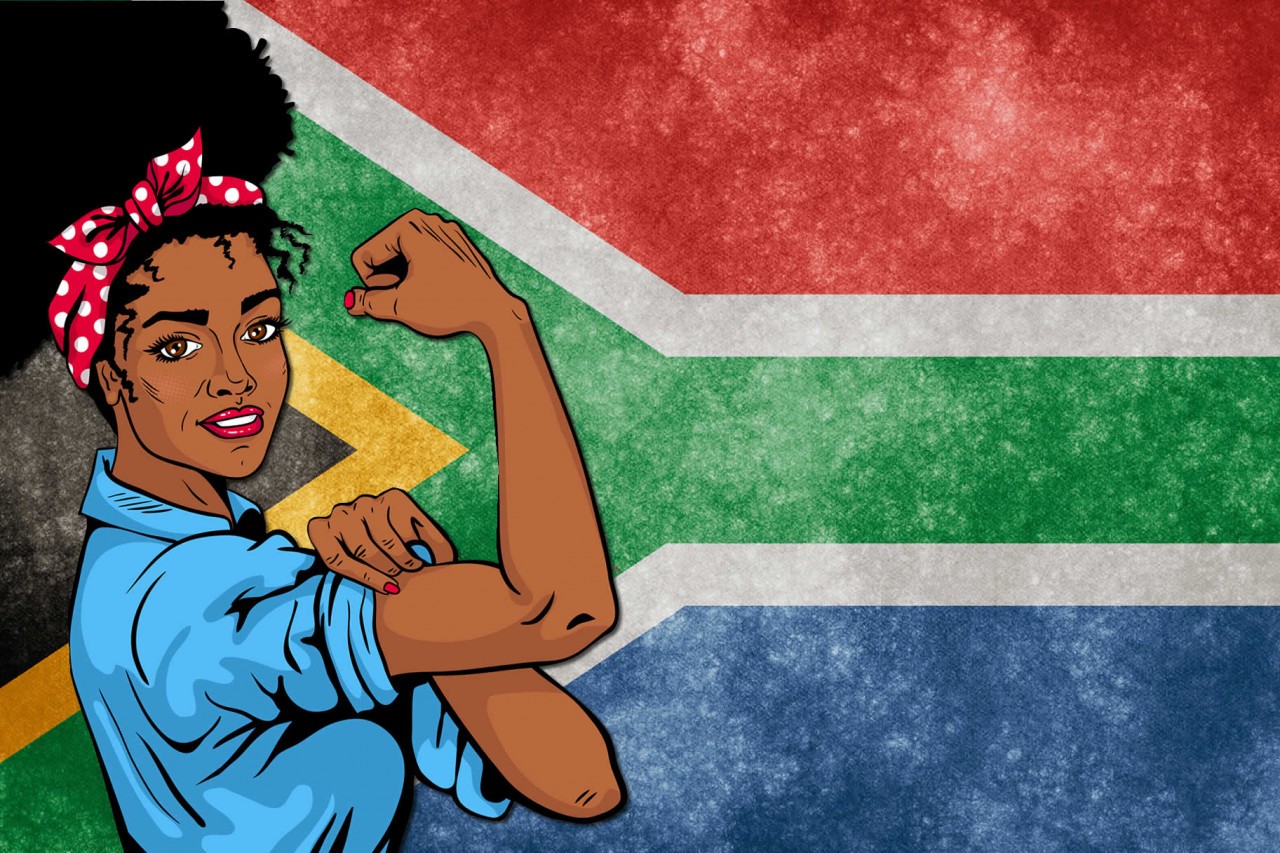 |
| National Women’s Day |
National Women’s Day in South Africa commemorates the 1956 march of approximately 20,000 women to the Union Buildings in Pretoria to protest against the apartheid-era pass laws. This public holiday celebrates the contributions of women to the struggle for freedom and equality and highlights ongoing issues of gender inequality. The day is marked by various events, including parades, speeches, and cultural activities. Organizations and communities hold seminars and workshops focusing on women's rights and empowerment. National Women’s Day is a powerful reminder of the strength and resilience of women and their vital role in society.
Read More: National Women's Day in South Africa (9 August): Meaning, Traditions and Celebrations
9 August (Saturday) – Raksha Bandhan, Hindu Holiday
Raksha Bandhan, meaning "the bond of protection," is a Hindu festival celebrating the bond between brothers and sisters. Sisters tie a protective thread, known as a rakhi, around their brothers' wrists, symbolizing love and protection. In return, brothers give gifts and promise to protect their sisters. In South Africa, Hindu families gather to celebrate this festival with rituals, prayers, and festive meals. The exchange of rakhis and gifts strengthens family ties and reinforces the importance of sibling relationships. Raksha Bandhan is a joyful occasion that underscores the value of familial bonds and mutual care.
16 August (Saturday) – Janmashtami, Hindu Holiday
Janmashtami celebrates the birth of Lord Krishna, one of the most revered deities in Hinduism. The festival is observed with great devotion and enthusiasm by Hindus in South Africa. Celebrations include fasting, singing devotional songs, and reenacting scenes from Krishna's life. Temples are beautifully decorated, and midnight services mark the exact time of Krishna's birth. Devotees also engage in activities such as Dahi Handi, where teams form human pyramids to break a pot of curd suspended high above the ground, symbolizing Krishna's love for butter. Janmashtami is a vibrant festival filled with joy, devotion, and cultural performances.
26 August (Saturday) – Ganesh Chaturthi, Hindu Holiday
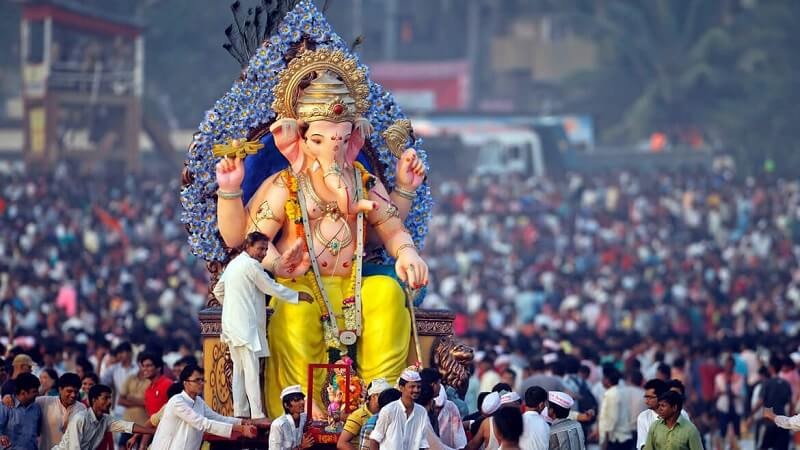 |
| Ganesh Chaturthi |
Ganesh Chaturthi is a Hindu festival celebrating the birth of Lord Ganesha, the elephant-headed deity of wisdom and prosperity. In South Africa, the Hindu community observes this festival with elaborate rituals, prayers, and cultural events. Idols of Ganesha are installed in homes and temples, and devotees offer sweets, flowers, and other offerings. The festival lasts for several days, culminating in the immersion of the Ganesha idols in water, symbolizing Ganesha's return to his celestial abode. Ganesh Chaturthi is a time of joy, community gatherings, and cultural activities, fostering a sense of unity and devotion.
5 September (Friday) – Milad un Nabi (Mawlid) (Tentative Date), Muslim
Milad un Nabi, also known as Mawlid, celebrates the birth of the Prophet Muhammad. In South Africa, Muslims observe this day with religious activities such as recitations of the Quran, sermons, and prayers focusing on the life and teachings of the Prophet. Communities often organize processions, gatherings, and charitable activities to honor the Prophet's legacy. Homes and mosques are decorated, and special meals are prepared and shared. Milad un Nabi is a time for Muslims to reflect on the values and principles taught by the Prophet Muhammad, emphasizing compassion, humility, and service to others.
22 September (Monday) – Navaratri, Hindu Holiday
Navaratri, which means "Nine Nights," is a significant Hindu festival dedicated to the worship of the goddess Durga in her various forms. In South Africa, the Hindu community celebrates Navaratri with great devotion and enthusiasm. The festival involves nine nights of fasting, prayer, and cultural performances. Temples and homes are adorned with lights and decorations, and devotees participate in special rituals and ceremonies.
Each night is dedicated to a different form of the goddess, and prayers and offerings are made accordingly. Dance forms like Garba and Dandiya Raas are popular during Navaratri, with communities coming together to celebrate through music and dance. The festival culminates on the tenth day, known as Vijayadashami or Dussehra, symbolizing the victory of good over evil.
22 September (Monday) – September Equinox, Season
The September Equinox marks the moment when the sun crosses the celestial equator, resulting in nearly equal day and night lengths. In the Southern Hemisphere, including South Africa, this equinox signifies the beginning of spring. While not a public holiday, the equinox is observed by some with cultural and spiritual significance. It is a time of renewal and growth, with nature awakening from the winter months. Some communities may hold celebrations or rituals to honor the changing seasons, emphasizing themes of balance and harmony. The equinox is also a reminder of the interconnectedness of all life and the cyclical nature of the Earth.
24 September (Tuesday) – Heritage Day, Public Holiday
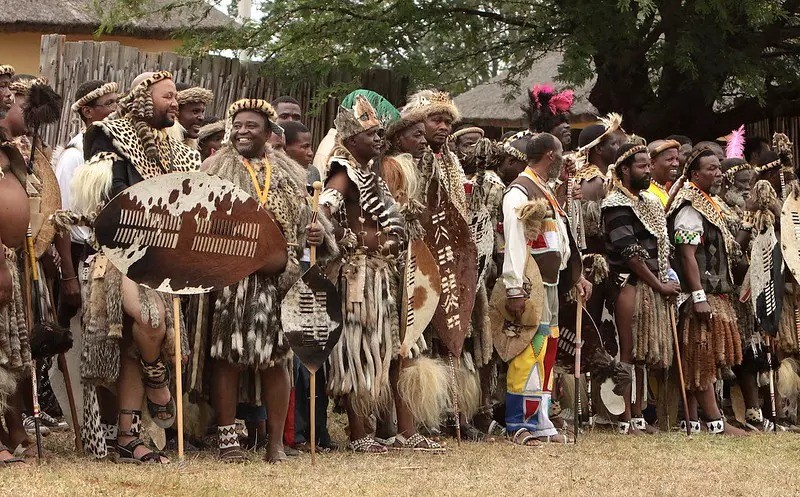 |
| Heritage Day |
Heritage Day is a public holiday in South Africa that celebrates the diverse cultural heritage of the country. Known colloquially as "Braai Day," it encourages South Africans to celebrate their cultural traditions through food, music, and dance.
On this day, people are encouraged to gather with family and friends for a braai (barbecue), symbolizing unity and the rich diversity of South Africa's cultural tapestry. Various events and activities are organized nationwide, including cultural exhibitions, parades, and performances. Heritage Day fosters a sense of pride and understanding among South Africans, highlighting the importance of respecting and preserving the nation's diverse heritage.
2 October (Thursday) – Dussehra, Hindu Holiday
Dussehra, also known as Vijayadashami, marks the end of the Navaratri festival and celebrates the victory of Lord Rama over the demon king Ravana, symbolizing the triumph of good over evil. In South Africa, the Hindu community observes Dussehra with elaborate rituals, prayers, and cultural programs. Effigies of Ravana are often burned in symbolic acts of destruction of evil. Temples host special ceremonies and devotees offer prayers and offerings. The day is also marked by dramatic reenactments of scenes from the Ramayana, the epic narrative of Lord Rama's life. Dussehra is a festive occasion that reinforces the values of righteousness, courage, and devotion.
20 October (Monday) – Diwali/Deepavali, Hindu Holiday
Diwali, also known as Deepavali, is the Hindu festival of lights, symbolizing the victory of light over darkness and good over evil. It is one of the most celebrated festivals among Hindus in South Africa. Homes and temples are adorned with oil lamps, candles, and colorful rangoli (patterns made from colored powders or flowers). The festival is marked by prayers, feasting, and the exchange of sweets and gifts. Fireworks and sparklers light up the night sky, adding to the festive atmosphere. Diwali is a time for family gatherings, reflection, and renewal, with rituals and traditions emphasizing prosperity, knowledge, and inner enlightenment.
16 December (Tuesday) – Day of Reconciliation, Public Holiday
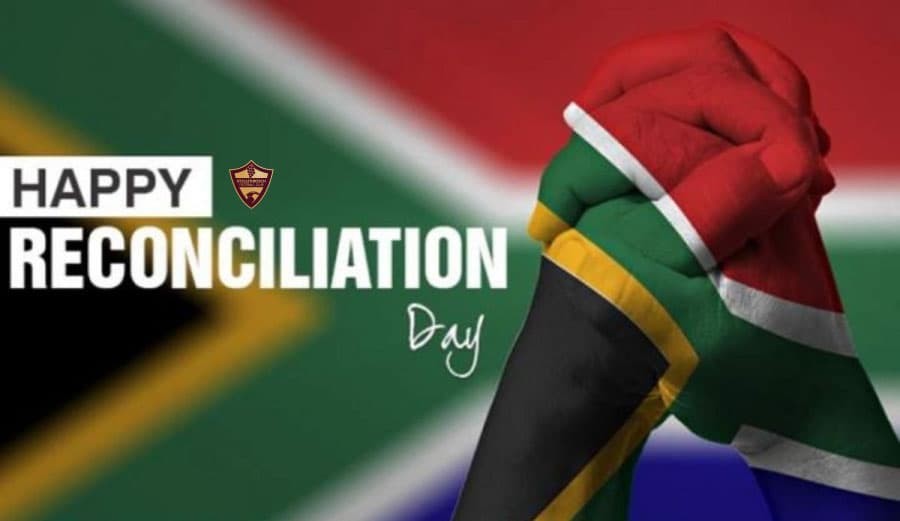 |
| Day of Reconciliation |
The Day of Reconciliation is a public holiday in South Africa that aims to foster unity and reconciliation among the diverse people of the nation. It was established to help heal the divisions of the past and build a united society. The day holds historical significance, commemorating both the Battle of Blood River in 1838 and the establishment of Umkhonto we Sizwe in 1961. It is marked by various events and activities promoting social cohesion, understanding, and national unity. Communities engage in dialogues, cultural performances, and community service projects, reflecting on the progress made in reconciliation and the challenges that remain.
24 December (Wednesday) – Christmas Eve, Observance
Christmas Eve is observed by Christians in South Africa as the night before Christmas Day, marking the birth of Jesus Christ. It is a time of anticipation and celebration, with many attending midnight church services to welcome Christmas Day. Homes are decorated with lights, Christmas trees, and nativity scenes, and families gather for festive meals and the exchange of gifts. Carols are sung, and there is a general sense of joy and togetherness. Christmas Eve is a time for reflection on the significance of Jesus's birth and the values of love, peace, and goodwill.
Read More: 10 Most Unusual Christmas Customs Worldwide
25 December (Thursday) – Christmas Day, Public Holiday
Christmas Day is a public holiday in South Africa, celebrated by Christians and many others as a festive occasion. It commemorates the birth of Jesus Christ and is marked by church services, family gatherings, and festive meals. Traditional foods, such as roast meats, vegetables, and Christmas pudding, are enjoyed. The day is also characterized by the exchange of gifts and the singing of Christmas carols. Many South Africans also take this opportunity to relax and spend quality time with loved ones. Christmas Day embodies the spirit of joy, generosity, and the importance of family and community.
26 December (Friday) – Day of Goodwill, Public Holiday
 |
| Day of Goodwill |
The Day of Goodwill, observed the day after Christmas, is a public holiday in South Africa focused on generosity and kindness. It is a time for giving back to the community and helping those in need. Many people engage in charitable activities, such as volunteering at shelters, distributing food and clothing to the less fortunate, or organizing community events. The holiday also provides an opportunity for families to continue their festive celebrations and spend time together. The Day of Goodwill emphasizes the values of compassion, solidarity, and social responsibility.
31 December (Wednesday) – New Year's Eve, Observance
New Year's Eve marks the final day of the calendar year and is celebrated with excitement and anticipation for the year ahead. In South Africa, people gather for parties, fireworks displays, and social events to bid farewell to the old year and welcome the new one. Cities like Cape Town and Johannesburg host large public celebrations with concerts and countdown events. Many people make New Year's resolutions, reflecting on the past year and setting goals for the future. The night culminates in a countdown to midnight, often accompanied by fireworks, music, and joyous festivities, symbolizing new beginnings and hopes for the coming year.
Other Major Celebrations in South Africa During 2025
January/February - Chinese New Year
Chinese New Year, also known as the Lunar New Year or Spring Festival, is one of the most significant traditional holidays for Chinese communities around the world, including those in South Africa. The date of the celebration varies each year, falling between late January and mid-February, depending on the lunar calendar. The festival marks the beginning of the new year and is celebrated with a variety of customs and traditions.
In South Africa, Chinese New Year is observed with vibrant events including lion and dragon dances, fireworks, and cultural performances. Families gather for reunion dinners, often featuring traditional dishes like dumplings, spring rolls, and fish, symbolizing prosperity and good fortune. Red decorations and envelopes containing money (hongbao) are exchanged to ward off evil spirits and bring luck. Chinese New Year is a time for community, family, and cultural heritage, celebrating the values of renewal, prosperity, and unity.
14 February – Valentine's Day
Valentine's Day is celebrated on February 14th and is a popular observance in South Africa, as in many other parts of the world. It is a day dedicated to love and affection between intimate partners, friends, and family members. People express their love by giving cards, flowers (especially red roses), chocolates, and other gifts. Romantic dinners, special outings, and heartfelt gestures are common ways to celebrate the day. Many restaurants, cafes, and entertainment venues offer special promotions and events for couples. Valentine's Day also sees a surge in marriage proposals and weddings, making it a memorable occasion for many. The day emphasizes the importance of expressing love and appreciation for those close to one's heart.
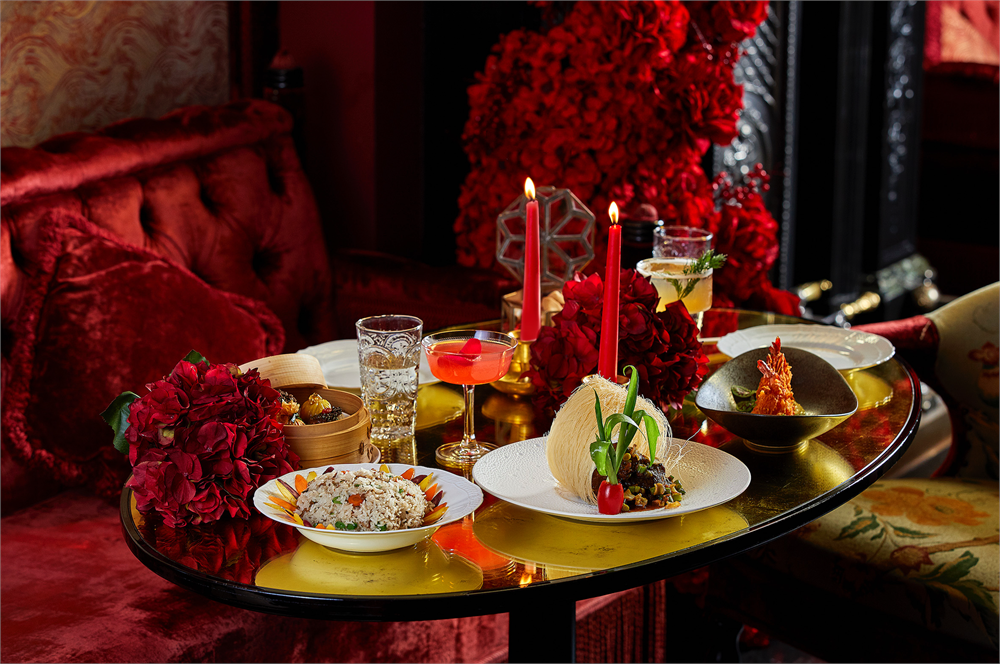 Valentine’s Day: Top 10 Most Popular Recipes for Love Valentine’s Day: Top 10 Most Popular Recipes for Love Are you going to prepare a special meal for someone on Valentine's Day? Discover the top ten Valentine's Day recipes to share special moments with ... |
17 March – St. Patrick's Day
St. Patrick's Day, celebrated on March 17th, honors St. Patrick, the patron saint of Ireland. It has become a global celebration of Irish culture, marked by festivities that include parades, wearing green attire, and displaying shamrocks. In South Africa, cities like Johannesburg and Cape Town host St. Patrick's Day parades and events featuring Irish music, dance, and food.
Pubs and restaurants often serve traditional Irish fare such as corned beef and cabbage, and beverages like Guinness. Many people participate in community events and gatherings, celebrating with friends and family. St. Patrick's Day is a festive occasion that brings people together to celebrate Irish heritage and enjoy a sense of camaraderie and merriment.
25 May - Africa Day
Africa Day, observed on May 25th, commemorates the founding of the Organisation of African Unity (now the African Union) in 1963. It is a day to celebrate African unity, diversity, and achievements while reflecting on the continent's challenges and future prospects. In South Africa, Africa Day is marked by cultural events, exhibitions, and discussions highlighting the rich heritage and contributions of African nations.
Schools, universities, and community organizations host events that include music, dance, art, and cuisine from various African cultures. The day also promotes solidarity and cooperation among African countries and encourages a sense of pride and identity. Africa Day is a time to honor the continent's history, achievements, and aspirations for peace, development, and unity.
18 July - Mandela Day
Mandela Day, celebrated on July 18th, honors the legacy of Nelson Mandela, South Africa's first democratically elected president and a global icon of peace and social justice. The day encourages individuals to dedicate 67 minutes of their time to community service and charitable activities, representing the 67 years Mandela spent fighting for human rights.
In South Africa, people participate in various initiatives such as cleaning up neighborhoods, helping at shelters, planting trees, and supporting educational projects. Organizations, schools, and businesses also engage in activities to benefit local communities. Mandela Day is a powerful reminder of the impact one person can have in making the world a better place and inspires collective action towards social change and community upliftment.
Read More: Who is Nelson Mandela - the First Black President of South Africa
31 October – Halloween
Halloween, celebrated on October 31st, has grown in popularity in South Africa in recent years, influenced by Western traditions. It is a fun and festive occasion, especially for children and young adults.
People celebrate by dressing up in costumes, carving pumpkins into jack-o'-lanterns, and decorating their homes with spooky themes. Trick-or-treating has become a common activity in some neighborhoods, where children go door-to-door collecting sweets. Parties and events with Halloween themes, including haunted houses and costume contests, are also popular. Many businesses, schools, and community centers host Halloween activities, making it a lively and enjoyable day. Halloween blends creativity, playfulness, and a touch of the macabre, providing an opportunity for people of all ages to engage in imaginative and social activities.
Conclusion
As South Africa continues to evolve, its calendar reflects the nation’s rich history, diverse cultures, and the ongoing journey towards unity and equality. These public holidays and observances offer a time to reflect, celebrate, and come together as a nation.
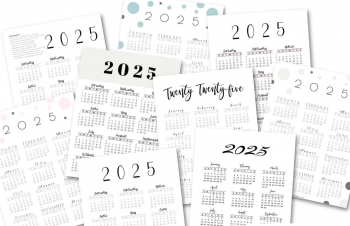 2025 Gregorian Calendar: Important Dates, Holidays, Observances and Celebrations 2025 Gregorian Calendar: Important Dates, Holidays, Observances and Celebrations As we step into 2025, it's essential to mark our calendars with key dates, holidays, and observances that shape our year. This guide will help ... |
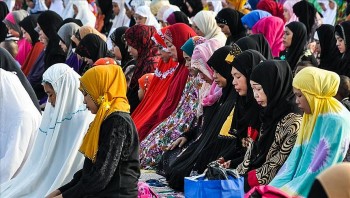 2025 Philippines Calendar - Full List of Public Holidays And Observances: Dates & Celebrations 2025 Philippines Calendar - Full List of Public Holidays And Observances: Dates & Celebrations Let's explore the 2025 Philippines Calendar for a full list of national and regional holidays, festivals, and observances, including dates and celebrations. |
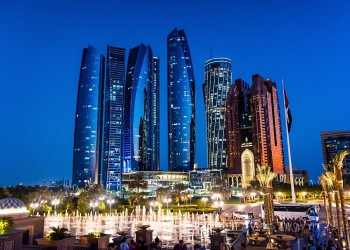 2025 UAE Calendar - Full List of the National Holidays and Observances: Dates & Celebrations 2025 UAE Calendar - Full List of the National Holidays and Observances: Dates & Celebrations In 2025, how many public holidays will the United Arab Emirates (UAE) officially observe? The most recent verified information indicates that the United Arab Emirates ... |


